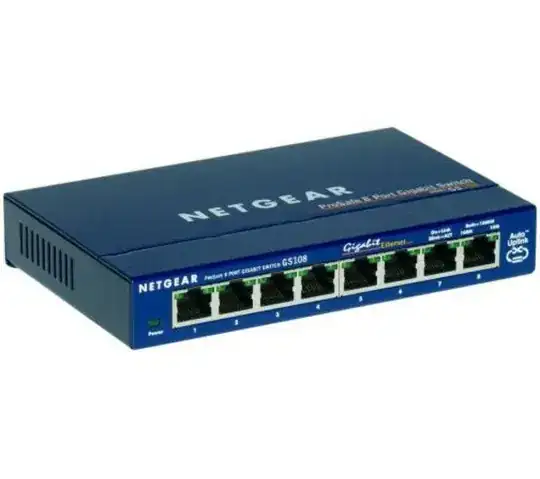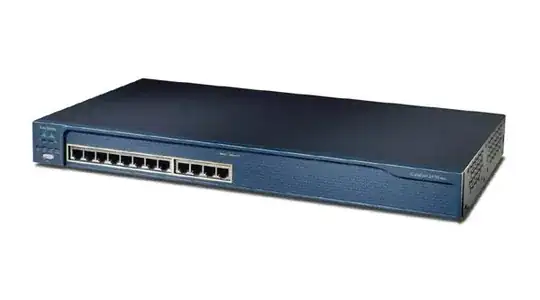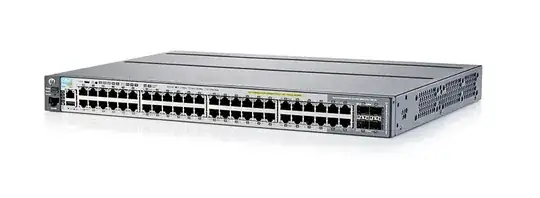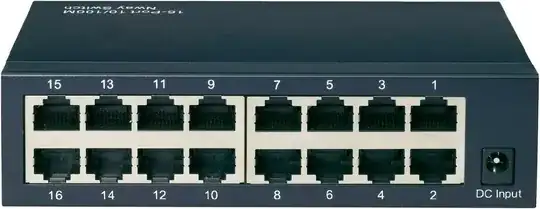I've scoured the internet, but nobody seems to be able to decide whether RJ45 sockets should go with the release catch facing up or down.
For instance, Netgear has their ports this way:

But Cisco has their ports the other way:

So which is right, or does it not really matter?
Edit:
I should have made myself more clear. I am asking this because I am designing a piece of hardware with a single row of Ethernet sockets, and given the variety of port configurations on the market I thought it best to get an expert opinion.

